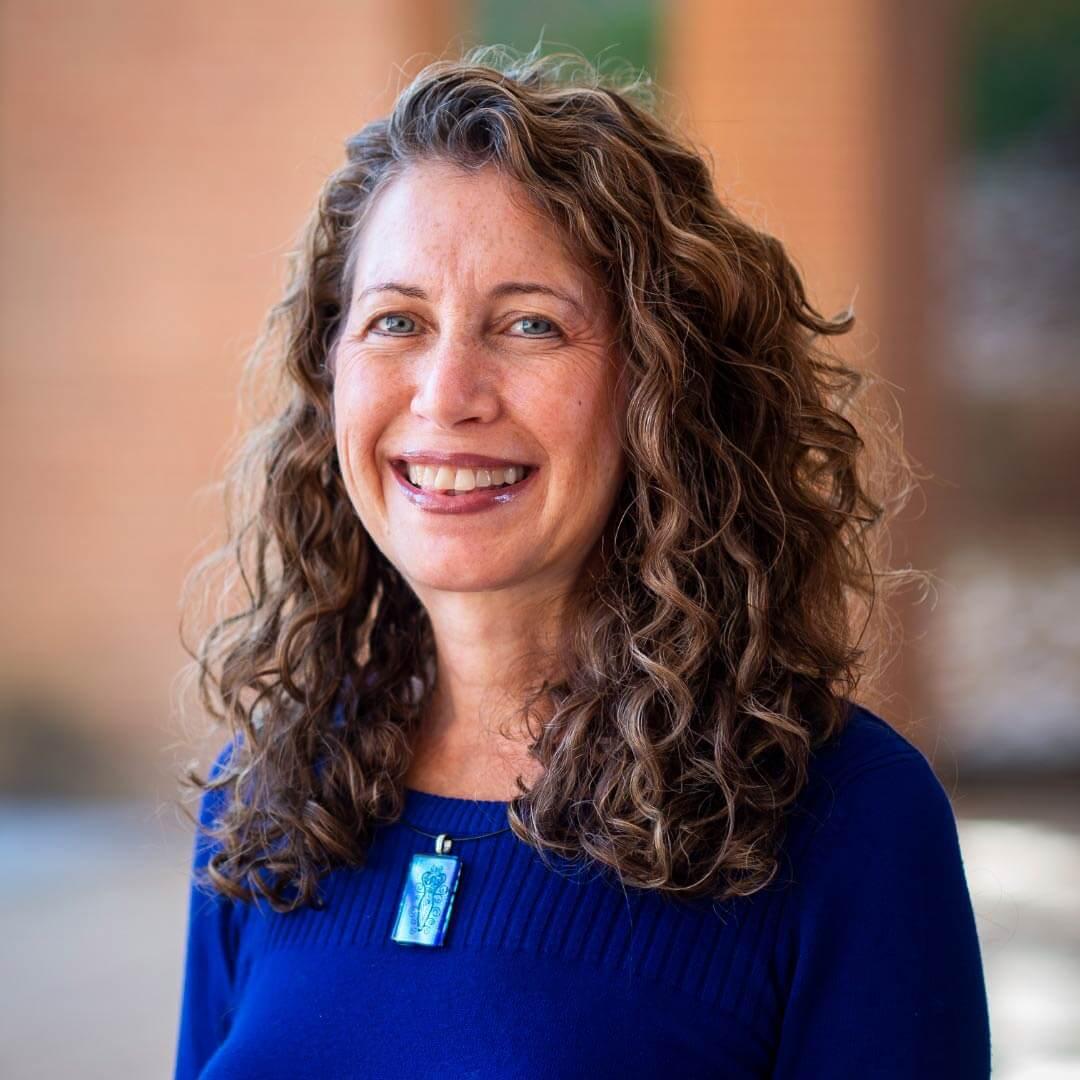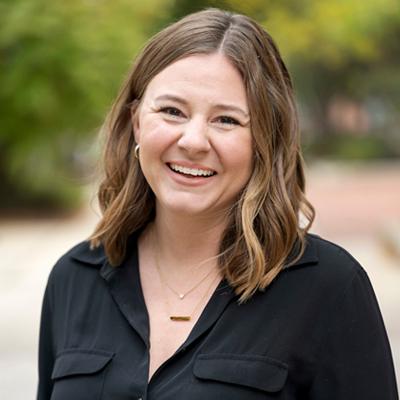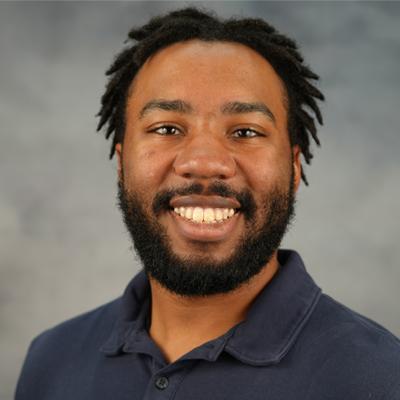Global Public Health
Inspiring future global health advocates to center justice and equity worldwide
Introduction
As the recent pandemics of COVID-19 and H1N1 influenza have shown all too starkly, health issues transcend country boundaries and can affect all aspects of society, from economic development to political stability to national security.
Global Public Health (GPH) explores the connections between health, culture, economic development and environmental sustainability while advocating for health equity worldwide.
Through class discussions, group projects and lectures from guest speakers, students:
- Learn about the range of health problems that cross borders;
- Consider the ways in which cultural and social issues affect a population's overall health; and
- Analyze the major public health approaches, and challenges, to reducing global health inequalities.
With careers in global public health experiencing tremendous growth, interdisciplinary training and collaboration in these areas is more important than ever. Students therefore are exposed to a wide swath of global public health issues, including health inequalities, nutrition, maternal and child health, infectious disease, noncommunicable disease and environmental health.
GPH offers students from all majors opportunities to connect what they're learning with their future career goals. The program may be of particular interest to those interested in health education and policy, the health professions, global development, research and service.
Colloquium and Lecture Topics
- The Sustainable Development Goals (SDGs) and global health
- Global health through the lens of local action
- Maternal, child and family health in global contexts
- Social determinants of health
- Ethics, economics and human rights
- Global health “players” (e.g., multilateral and bilateral aid organizations, private foundations, national governments, UN agencies)
Because of GPH, I could access opportunities I would never have imagined, such as working at the Center of Vaccine Development and going on to aid in the COVID-19 vaccine trials. I greatly appreciate the community that I was able to form with my peers and the valuable professional mentorship I received from my instructors, as I know it has positively impacted my career trajectory.
Other Learning Opportunities
Students in GPH enjoy multiple opportunities to apply what they learn in the classroom to the world around them. Thinking globally and acting locally, students will:
- Interact with leading experts in the field of public health, both domestic and international;
- Participate in service-learning activities such as Global Handwashing Day at the Center for Young Children; and
- Enjoy unique opportunities to get involved in research teams, such as the PHAB Lab.
Finally, students directly engage with public health organizations and community-based health agencies through internships, research and service-learning. Past practicum opportunities have included:
- Internships at government organizations such as the U.S. Food and Drug Administration, U.S. and the Centers for Disease Control and Prevention;
- Service-learning projects in hospital, education, and mental health care settings;
- Research in labs studying a variety of topics such as vaccinations, pesticides and RNA; and
- Support of community health work in Peru, Sierra Leone, and India, through the GPH-associated student organization, Public Health Beyond Borders.
Curriculum Overview
The GPH curriculum builds global public health proficiency through a series of cohesive learning modules that apply foundational concepts to current public health concerns as they unfold within real-world contexts. The GPH curriculum makes use of interdisciplinary frameworks, such as Social Ecological Theory and the Life Course Health Development Perspective, to facilitate identification and investigation of social determinants of health within a global arena. Innovation and entrepreneurship are emphasized throughout the curriculum with emphasis on sustainable, community-based programs and interventions and attention to social marketing and grassroots initiatives.
Your GPH required courses, and in most cases your supporting courses, will fulfill General Education requirements. Note that your Scholars courses—colloquiums, practicum, supporting courses or global experiences—will generally be in addition to any courses you take to satisfy major requirements.
The following table represents a typical two-year curriculum, but individual schedules may vary. Details about courses and requirements can be found on the GPH Citation Checklist.
| SEMESTER | COURSE | CREDITS |
|---|---|---|
| Semester 1 | CPGH 100: Colloquium I | 1 credit |
| FMSC110S: Families and Global Health (DSHS, DVCC) | 3 credits | |
| Semester 2 | CPGH 101: Colloquium II | 1 credit |
| Semester 3 | CPGH 200: Colloquium III (DSSP) | 1 credit |
| Semester 4 | CPGH 230: Internship; or CPGH 240: Service-Learning; or CPGH 250: Research; or CPGH 270: Education Abroad |
1-3 credit |
| Semester 1, 2, 3, or 4 | Supporting Course (var. Gen Ed) Supporting Course (var. Gen Ed) |
3 credits 3 credits |
*These courses meet one or more general education requirements.
Sponsoring College
Office Address
1213 Centreville Hall
Office Phone
Faculty




News and Notes, Etc.
Global Public Health News
Scholars Celebrates Citation and Founders Circle Award Winners at Annual Ceremony
When the Citation class of 2023 entered the University of Maryland, they were already adjusting to a rapidly changing world being constantly reshaped by the Covid-19 global pandemic. One thing that didn’t change – their commitment to excellence in the classroom. All who successfully completed the requirements of their respective Scholars program received their official Scholars citation. But there were some that went above and beyond the expectations, leaving a lasting impact on the community.
School of Public Health to Host Showing of PBS Public Health Documentary
The University of Maryland School of Public Health will kick off its Global Health Film Series on Wednesday with a screening of a film about the U.S. Public Health Service Commissioned Corps that features the school’s dean, Boris D. Lushniak, a member of the uniformed service branch for 27 years. In partnership with the College Park Scholars’ Global Public Health program and Public Health Beyond Borders, the one-hour PBS documentary “Invisible Corps” will be shown at 7 p.m. in the Stamp Student Union Grand Ballroom.
More Than Words
Global and Public Health Scholar Kelly Biglin was recently interviewed for a Maryland Today article highlighting the benefits of enrolling in a Spanish for Health Professions class at UMD.
Practicum Offers Hands-On Ways to Learn About ‘Complicated Issues In and Out of the Classroom'
Incoming students often hear about the various experiences that Scholars take on in their practica–the capstone project or culminating hands-on learning all College Park Scholars are required to complete in their second year. Though specific practicum requirements vary by Scholars program, students are commonly able to meet program needs by engaging in an internship, doing service-learning or conducting research.
Scholars recognizes Citation Class of 2022, Founders Circle Award winners
Students in College Park Scholars’s Citation Class of 2022 began their University of Maryland (UMD) careers in the fall of 2020, under the shadow of the COVID-19 pandemic. They spent their first year almost entirely online: Some Zoomed into their program colloquium from their double-turned-single dorm rooms; others attended virtually from their families’ homes, away from campus.


